DIY pest control is a fairly compelling idea at first. If you’re looking for ways to save money around the home, it’s likely one of the first things that you think of. You can handle a few bugs, right?
The thing is, while you may be able to handle a few bugs, an infestation is a much bigger deal. You can’t just grab a flyswatter and get rid of a wasp nest or a cockroach infestation.
In this guide, we’re going to take a look at why DIY pest control is a terrible idea for the hygiene and health of your home. Are you ready to learn more? Then read on.
1. Pests Can Be Dangerous
Sure, bugs can be gross and rodents can cause damage to your home, but they’re not really dangerous, right? You couldn’t be more wrong.
Many bugs are venomous. For instance, black widow spiders have a bite that can be fatal in children if not properly treated and that can make adults very ill. Rodents and cockroaches can spread disease, a swarm of wasps can kill, and ant bites can cause serious pain.
If you’re not properly equipped with the right safety equipment, pest control has the potential to go very badly wrong.
2. Complete Removal Is a Difficult Task
Removing an infestation is about more than getting rid of the pests that you can see. Rodents, for instance, like to make nests in walls and can even nest in electrical equipment. This means that while you may be able to catch a few mice or rats, you’re very unlikely to be able to remove the nest: you need rodent control specialists for that.
Bugs too, pose a significant problem in this regard. While you may be able to catch the adult cockroaches in your home, will you be able to spot the cockroach eggs? Cockroach eggs are often found in more discreet areas of the house, which makes finding them and removing them before they hatch very difficult.
If you don’t find them before they hatch, that generation of cockroaches can start the cycle all over again.
3. Pesticides Can Be Dangerous
If you’ve ever looked closely at a bottle or a can of pesticide, you’ll notice that it’s marked as toxic. This is because the same compounds that are poisonous to pests are often poisonous to humans.
Pesticides need to be used very carefully or they can cause serious problems, including respiratory damage and painful skin irritation. They can even cause chemical burns.
What’s more, mixing pesticides with other chemicals can create other harmful chemicals.
If you’re not sure how to handle pesticides, you should leave it to the experts instead of risking your health.
4. Potential Harm to Pets and Children
Young children and pets both like to pick things up and taste them. While this is often fine in a safe and clean environment, when you’re using pesticides or bait to draw pests out, things can get dangerous fast.
Your children and your pets are both obviously immensely important to you. Don’t risk their wellbeing to save a few dollars.
5. Do You Know What You’re Dealing With?
Different pests require different removal methods. While anyone can tell a rat from a cockroach, identifying most pests is far more difficult than this easy example.
For instance, telling the difference between a rat and a mouse is of significant importance. As is telling the difference between different species of cockroach, spider, or other bugs.
You’re unlikely, for instance, to know the difference between a German cockroach and an American cockroach.
Differentiating the pests that you’re dealing with is very important and one of the key duties of a pest control specialist.
6. Not Treating the Underlying Problem
Pests are usually attracted to a house for some cardinal need: food, warmth, moisture, or something else. When you’ve dealt with your current infestation, you need to take a look at what attracted the pests to your house in the first place.
For instance, have you been storing your food in an unhygienic or inefficient way? Do you have holes in your home somewhere that are letting pests in? Does your home have a dampness problem that is attracting cockroaches?
If you don’t get rid of the underlying cause, there’s nothing to stop the pests from coming back to your home again and again. Getting rid of the pests without treating the underlying cause is a fool’s errand and one that you should avoid at all costs.
7. You Could Make the Problem Worse
Despite their very tiny brains, insects are not as dumb as you might think. When you spray a pesticide at them, they have a tendency to do the natural thing and scatter, just as you might do if someone sprayed a noxious chemical at you.
While some of those insects might die, others might not and you’ve just scattered them across a wider area of your home. This is where things get tricky. When you use pesticides and other products on the pests in your home, you need to do so in a specific way.
If you do it the wrong way, you can make the problem a whole lot worse.
DIY Pest Control Is a False Economy
DIY pest control seems like a good way to save a bit of cash, but it’s actually a terrible financial decision and could be hazardous to your health, too! If you’re dealing with pests in your home, you need to call in the pros.
We can help you.
Our expert team can deal with many different kinds of pests in a safe and efficient way. For more information or to arrange an inspection, contact us today.

